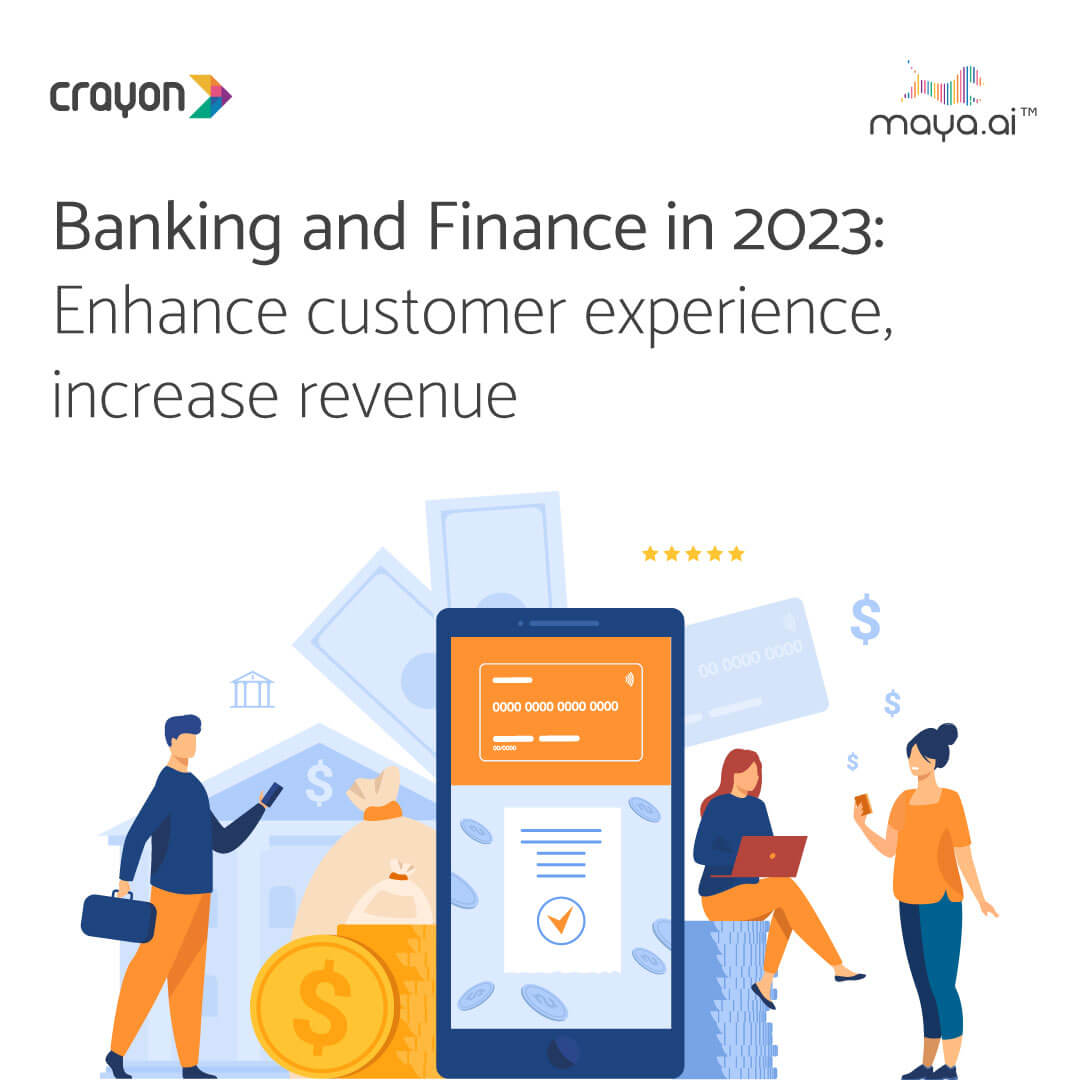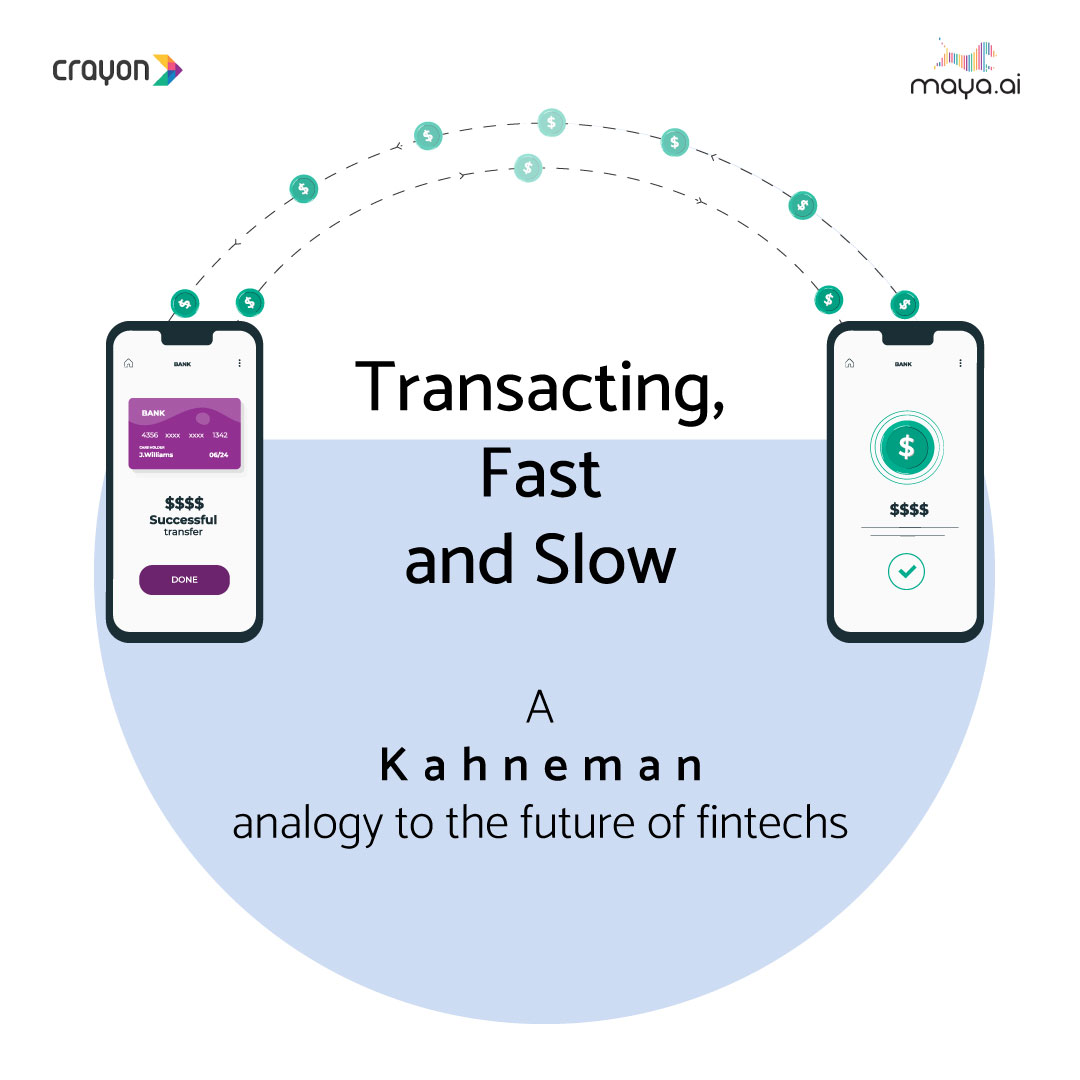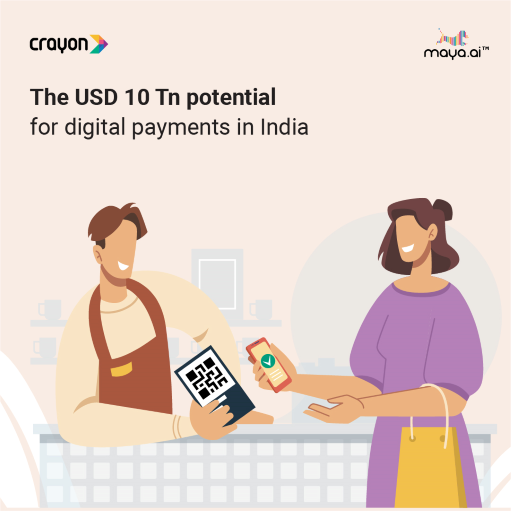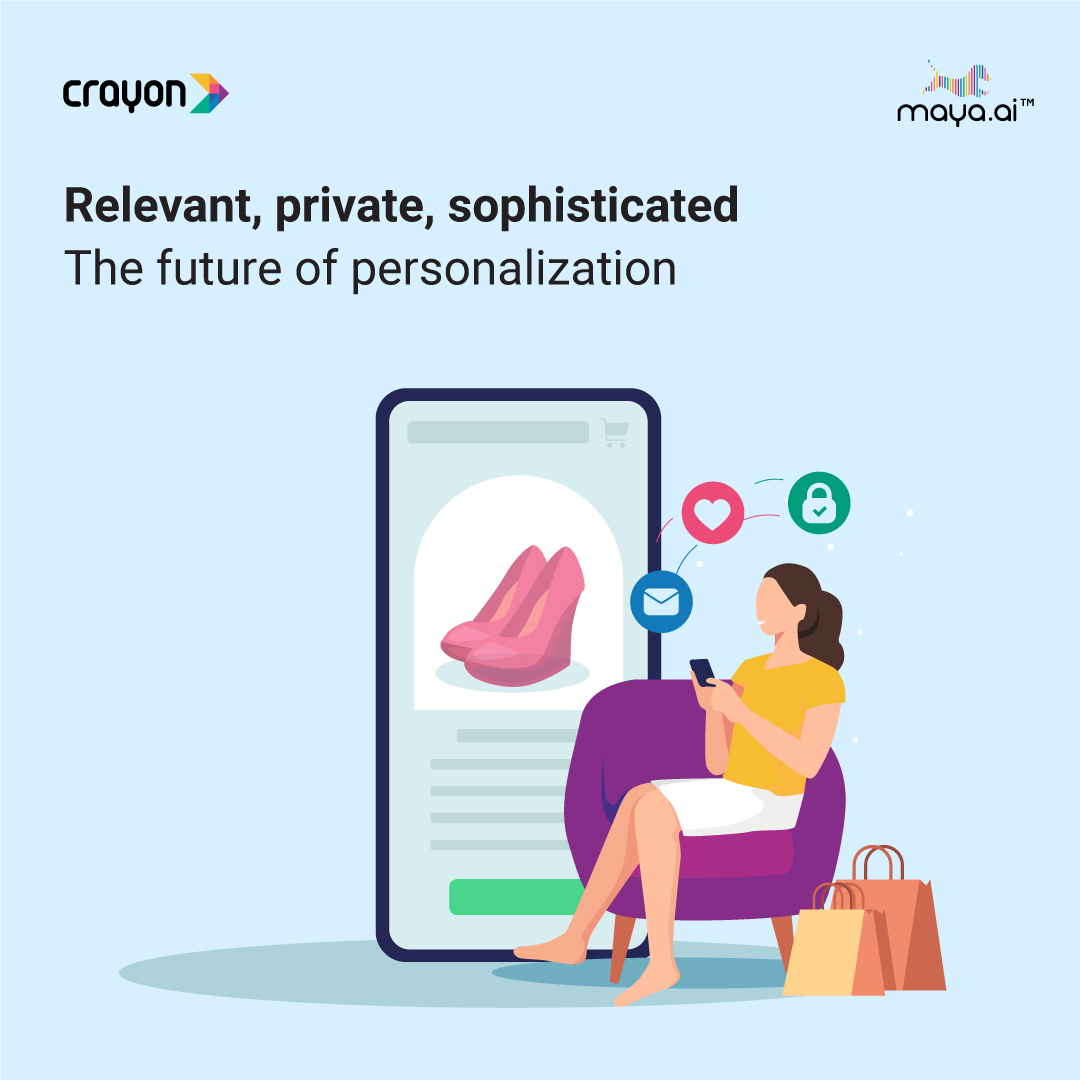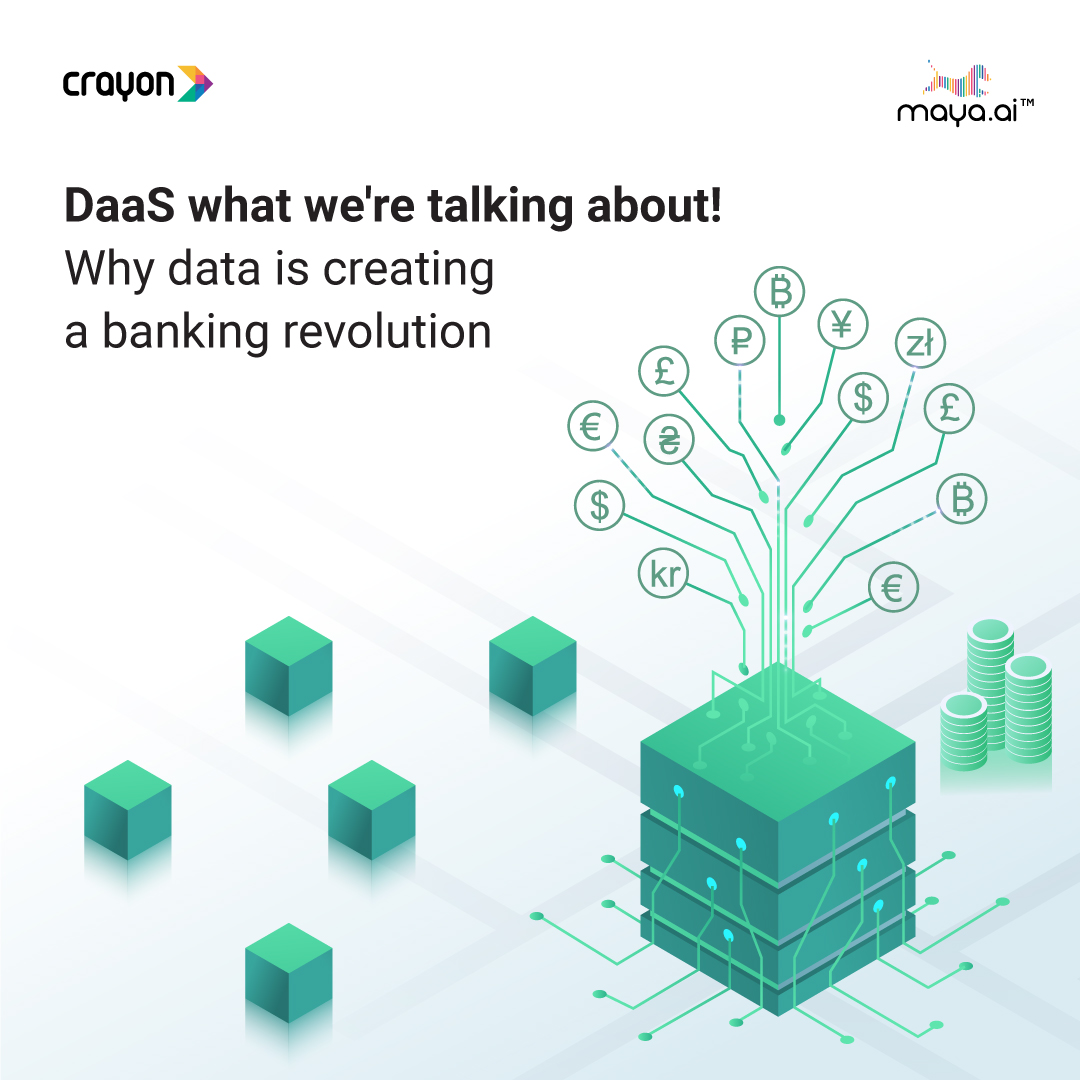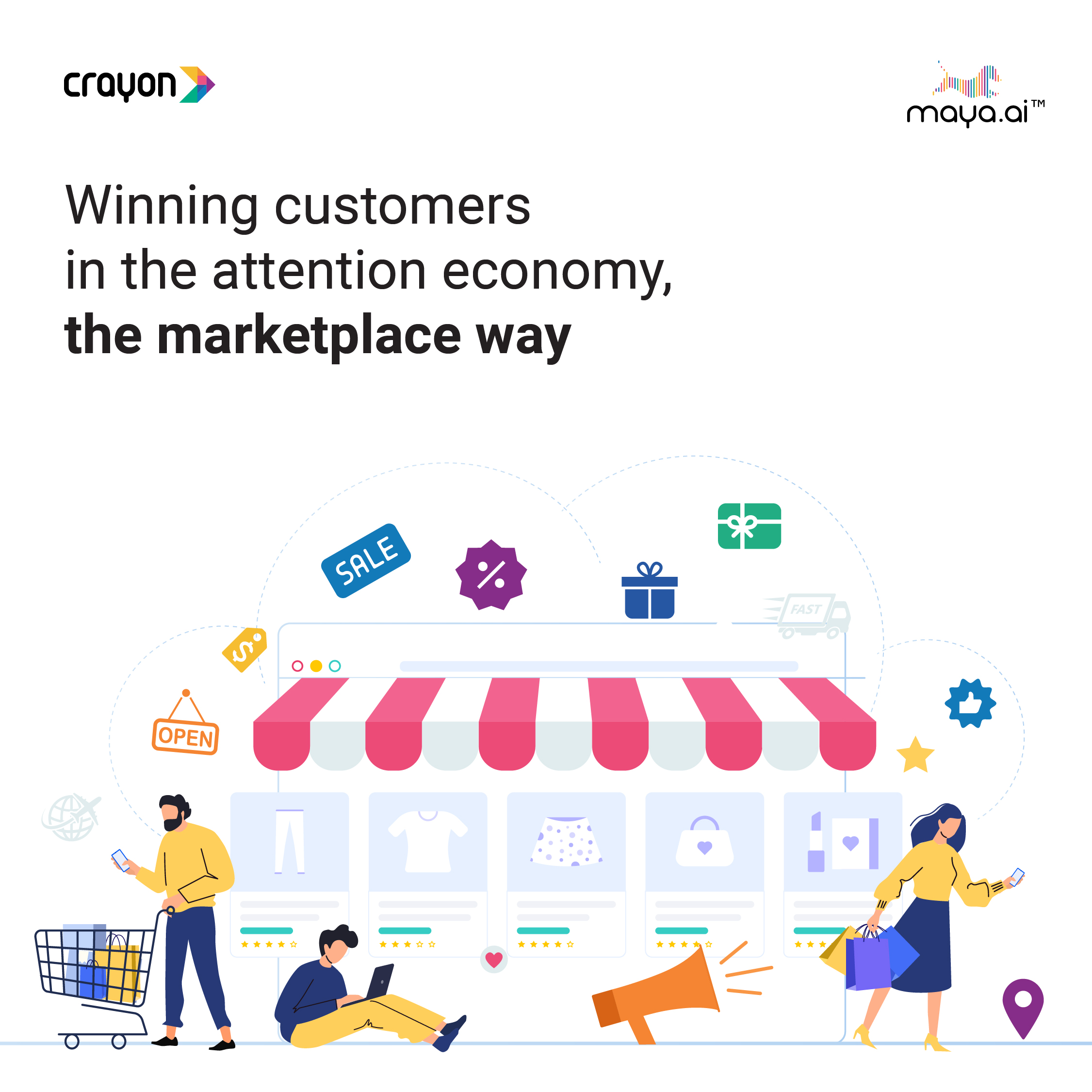The inception of FinTechs promoting financial inclusion in Africa can be traced back to Kenya in 2007. Safaricom, a Kenyan mobile network operator affiliated with Vodafone, observed customers using prepaid airtime as a form of currency. This observation led to the creation of M-PESA (where ‘m’ stands for mobile and ‘pesa’ means money in Swahili), marking the official birth of the mobile money industry.
This was also the first big push towards financial inclusion on the continent. Other operators took note, and the concept soon spread to other countries like Uganda and the Ivory Coast. Today, Sub-Saharan Africa accounts for close to 50% of mobile money accounts globally. According to the IMF 2023 Financial Access Survey, the value of these transactions increased from 26% to 35% of GDP between 2021 and 2022.

So, what does financial inclusion mean in Africa as 2024 rolls around?
In Africa, there are around 350 million adults who don’t have access to regular banks. This happens because banking can be expensive, there’s not enough infrastructure, and many people don’t know much about money. Without these important services, it’s hard for the economy to grow, and many folks find it tough to afford the things they need.
The key to creating a more financially inclusive environment, irrespective of the country, is to bring in payment innovations. Over the past couple of years, this has been the focus for tech disruptors in the region. According to a McKinsey report, in 2021, almost half of the over 5,200 tech start-ups in Africa were focused on financial technology.
In 2022, the African fintech sector secured $1.45 Bn in funding, marking a 39.3% increase from the previous year. It remained the top choice for investors, receiving 48.3% of known start-up funding in 2021 and 43.3% in 2022. And in 2023, investments crossed a record-breaking $3 Bn mark. This could be taken as a sign of growing investor confidence.
Despite the progress that has been made, there are still a number of challenges to financial inclusion in Africa.
These include:
- Lack of access to financial infrastructure
- High cost of financial services
- Lack of financial literacy
- Gender gap
These are the issues that fintechs are trying to solve across the continent.
Some of the more successful approaches to financial inclusion in Africa are explored below.
Mobile money: Mobile money is one of the most successful fintech innovations in Africa. It allows people to access financial services through their mobile phones, even if they don’t have a bank account. According to the GSMA, there were 548 million registered mobile money accounts in Africa in 2022, up from 155 million in 2012.
Digital lending: Digital lending platforms use data from people’s mobile phones and other sources to assess their creditworthiness and provide them with loans. This has made it possible for people who would not be able to get a loan from a traditional bank to access credit. A McKinsey report shows that digital lending platforms in Africa disbursed $15 Bn in loans in 2021, and this number is expected to grow to $75 Bn by 2025.
Agent banking: Agent banking allows people to access financial services through agents, such as retailers and mobile money agents. This is especially important in rural areas where there are few bank branches. This is hugely popular, with the number of bank agents surging by 1,456% to 1.3 million in 2022 from 83,500 in 2018.
To access all these digital solutions, customers need access to digital devices.
In Sub-Saharan Africa (which includes 46 countries) mobile technologies and services generated around 8% of GDP in 2021. This translated to almost $140 Bn of economic value added. By 2025, mobile’s contribution will grow to almost $155 Bn. The region will increasingly benefit from improvements in productivity and efficiency as mobile devices are more readily available.
Fintechs are having a major impact on financial inclusion in Africa. By developing innovative and affordable financial products and services, they are helping millions of people who are currently unbanked and underserved.
According to a recent report by the World Bank, fintechs have helped to increase the number of financially included adults in Africa by over 100 million in the past five years. Crayon Data too has partnered with Y9 to further financial inclusion in the country through device financing options. The report also found that fintechs are playing a key role in promoting financial inclusion among women and young people.
The impact of fintechs on financial inclusion in Africa is still in its early stages, but the potential is huge. As fintechs continue to develop new and innovative products and services, they are expected to play an even greater role in promoting financial inclusion in Africa in the years to come.

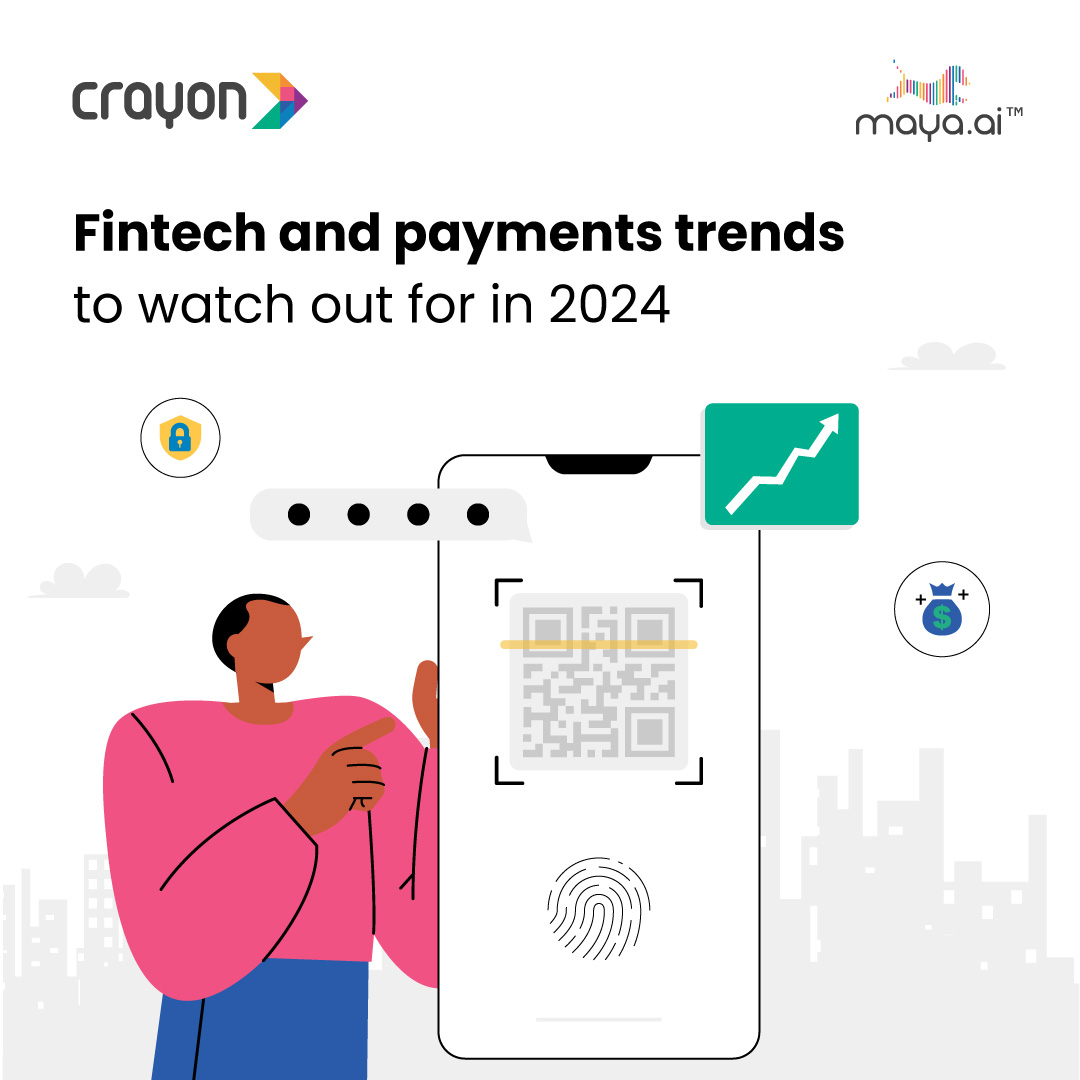
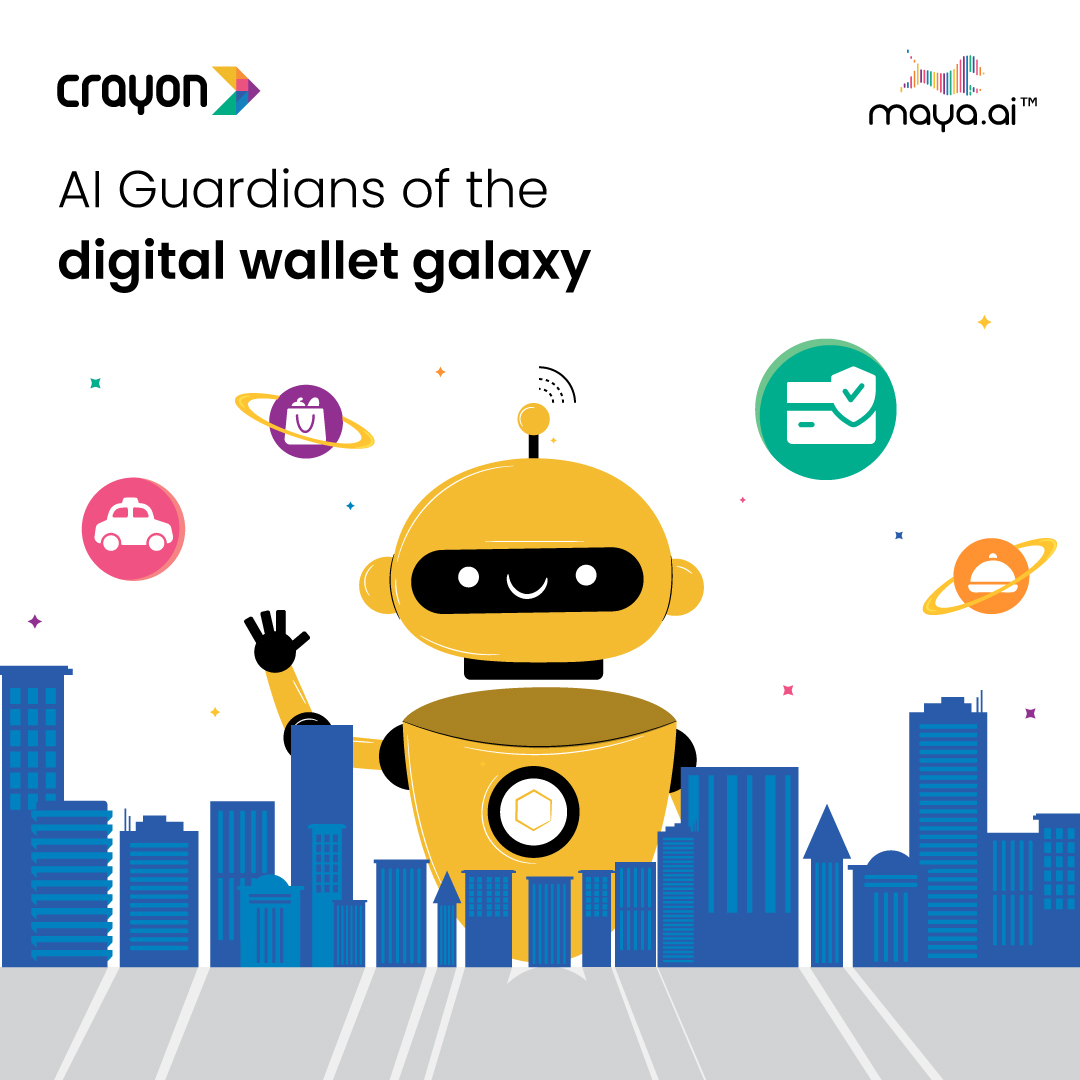
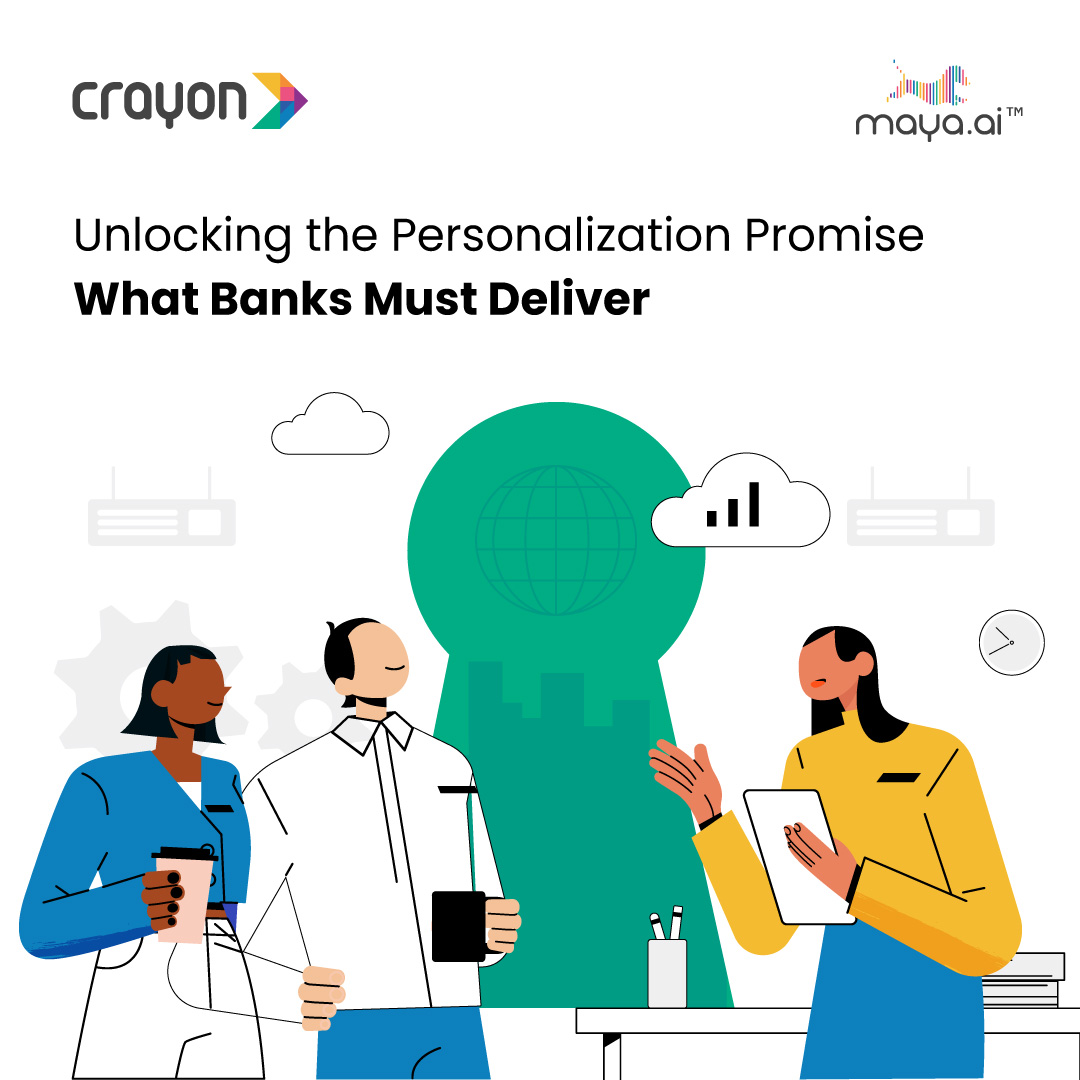





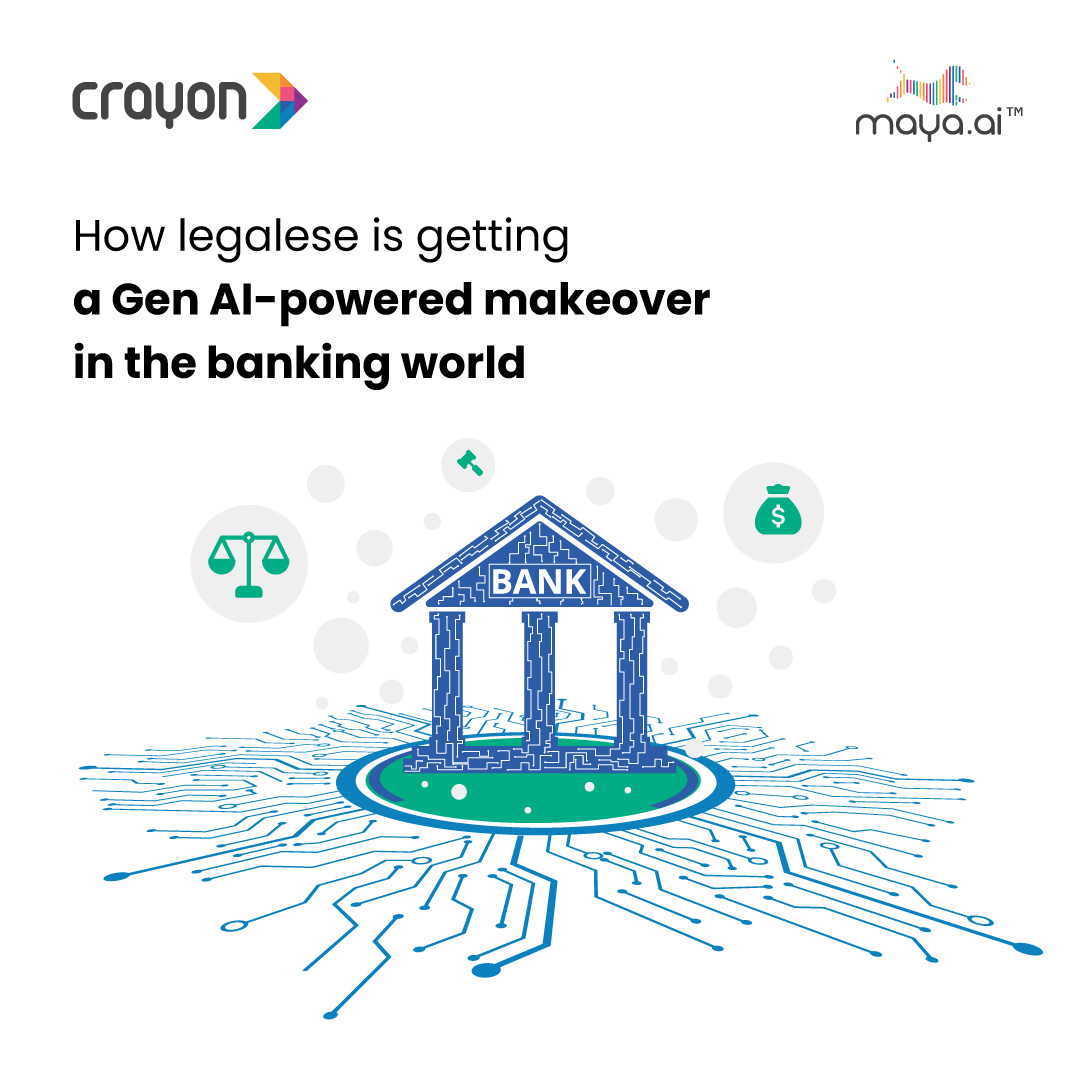

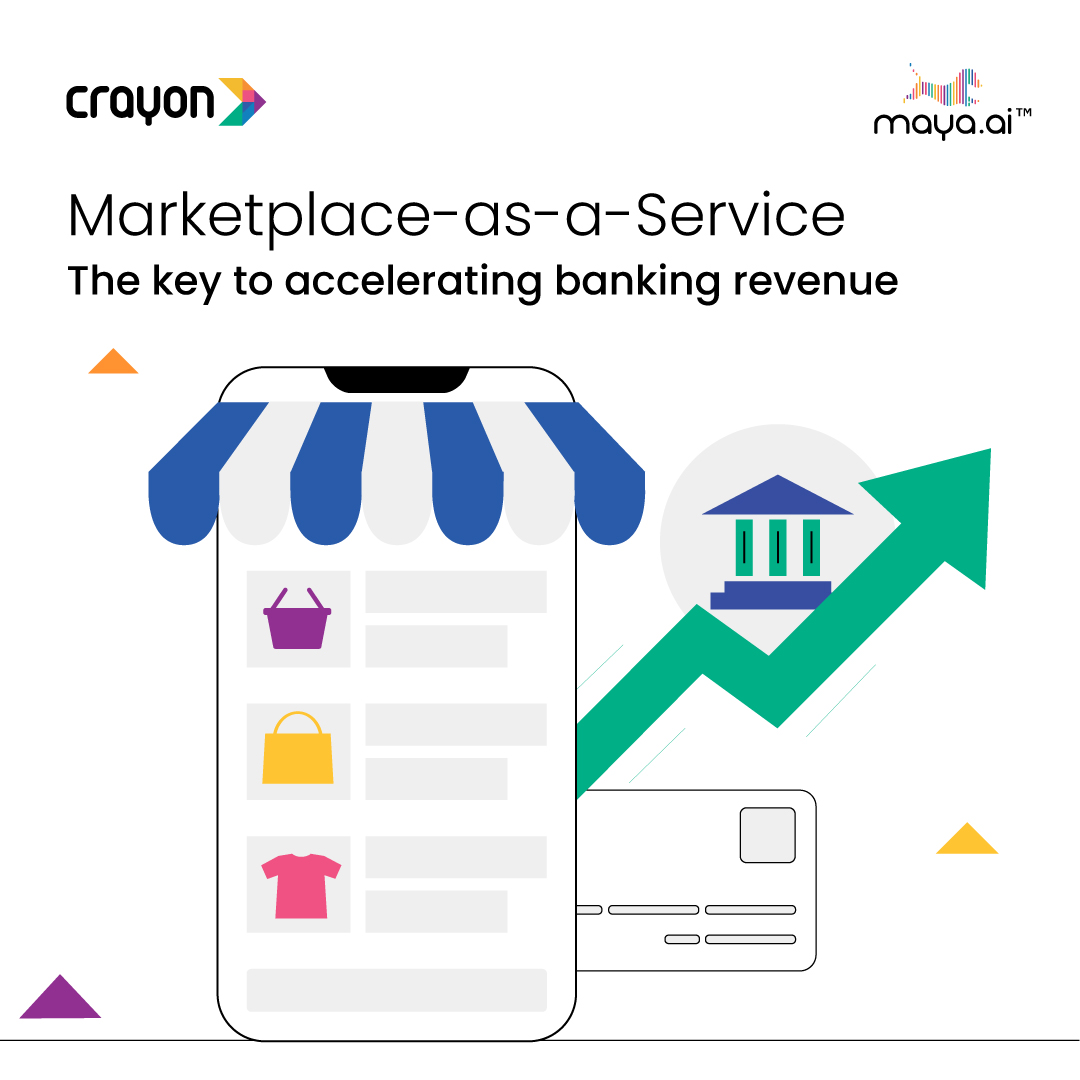
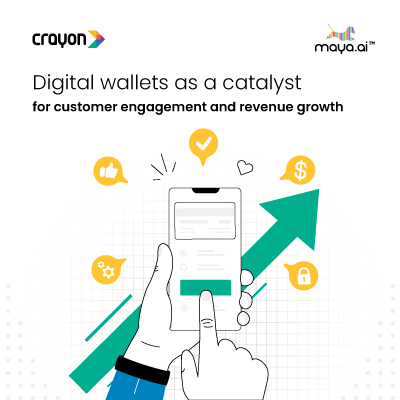

![Slaves to the Algo: AI podcast by Suresh Shankar [Season 1]](https://crayondata.ai/wp-content/uploads/2023/07/AI-podcast-by-Suresh-Shankar.jpg)
![Slaves to the Algo: an AI podcast by Suresh Shankar [Season 2]](https://crayondata.ai/wp-content/uploads/2023/08/version1uuid2953E42B-2037-40B3-B51F-4F2287986AA4modecompatiblenoloc0-1.jpeg)
